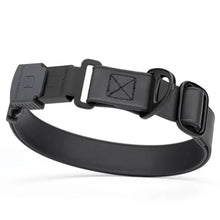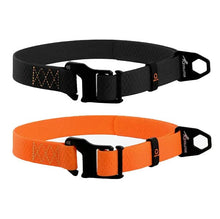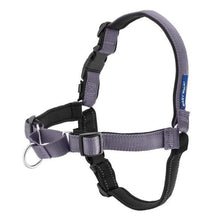How Much Exercise Does My German Shepherd Puppy Need?

Puppies need exercise to develop healthy bones, muscles and hearts. Exercise goes a long way to help curb anxiety and behavior issues related to boredom. But you may have heard that too much exercise can be harmful. How much exercise is necessary, how much is too much, and what kinds of exercise should you be doing?
As a general rule, your puppy knows best. Normal puppy play is okay, and you should never feel as though you should stop your puppy from playing on its own accord. Short walks are also okay, as long as your idea of a short walk isn't 3 miles every morning! Short games of fetch and tug are also okay. Fetch is especially hard on the body because most dogs rapidly accelerate to go after the ball and rapidly decelerate once they get to it, so 4-6 good throws is plenty in conjunction with other acceptable exercises. Tug is also hard on the body, so 3-5 minutes is plenty in conjunction with other acceptable exercises as well. Swimming is a great, low-impact exercise. Just make sure your puppy doesn't ingest too much water while swimming. It's also recommended that you not play fetch in the water because dogs can accidentally ingest a lot of water when retrieving toys thrown into bodies of water.
Examples of exercises that are too rigorous for puppies are long hikes, running steps, long games of fetch, long walks, running, jogging, weight pull and pulling carts of any kind, wearing vests with anything over a few ounces in it for anything other than a short stroll, flyball, and inappropriate amounts of agility training. All of these things are stressful on soft, growing bones and joints and can result in hip and elbow dysplasia and musculoskeletal deformities, diseases and injuries.
As a rule of thumb, don't exceed 5 minutes for each month of the puppy's age of acceptable exercise no more than twice a day. For instance, 15 minutes of exercise twice a day is ideal for a 3-month-old puppy, while 20 minutes twice a day is ideal for a 4-month-old puppy. As a general rule, you can start building up puppies to adult levels of exercise once they turn 9 months of age if they're not expected to grow over 25lbs. By a year they can be exercised as an adult as long as you properly build up their stamina. For medium and large breeds, you can begin to build them up to adult levels of exercise by 15 months and it's safe to exercise them as adults once they turn 18 months old.
German Shepherd dogs will naturally travel in a cantering-lope rather than a slow walk. That means that it is imperative that you train your puppy early on how to walk on a leash by your side without pulling. German Shepherds are a powerful breed and are capable of dragging handlers who aren't strong enough to hold them back. Eliminate the possibility of a physical tug of war by relying on solid training instead.
Remember, exercise is also great for keeping hip and elbow joints stabilized in German Shepherd Dogs. Many large breeds are known to suffer from hip and elbow problems later in life, but dysplasia seems to unfairly target the German Shepherd. Regular exercise can help to build muscle around joints to protect them. The more muscle, the less stress on the joint.
Make sure you keep your puppies lean, well hydrated, and wait an hour or two after your puppy eats before exercise. If you stick by these rules, you lessen the chances of hip and elbow dysplasia, panosteitis, strains, sprains, ligament injuries, bloat, obesity, heart disease and arthritis. Also keep the temperature in mind and watch for signs of heat exhaustion and heat stroke. Stop exercise if your puppy no longer wants to play or stops to rest and everything should be fine.






















